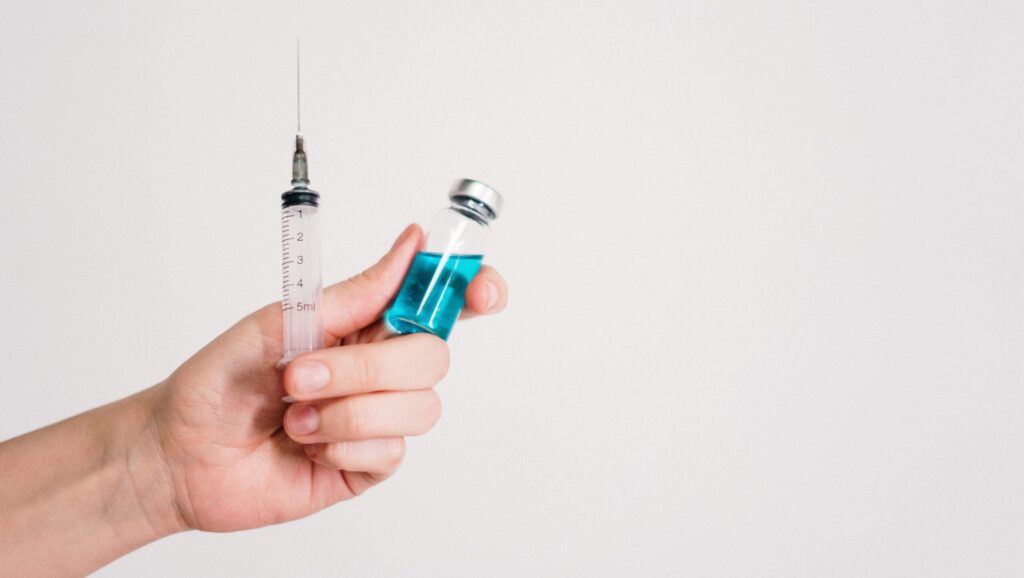
Infectious diseases have always been one of the biggest challenges in healthcare and medicine. These diseases occur as a result of the entry of microorganisms (bacteria, viruses, fungi, etc.) into the body. They can cause serious health problems. In this article, we will talk about what infectious diseases are, their spread mechanisms, and their prevention methods in detail.
Definition of Infectious Diseases
Infectious diseases are diseases that occur as a result of the entry of microorganisms called pathogens into the body. These pathogens cause disease symptoms by damaging body cells. Infections can occur in a variety of ways. For example, respiratory tract infections, digestive system infections, sexually transmitted infections, skin infections.
Spread of Infectious Diseases
Infectious diseases are usually transmitted from person to person through direct contact or droplet infection. For example, respiratory infections such as the flu can be spread through airborne droplets when coughing or sneezing. Also, touching the mouth, nose, or eyes after touching infected surfaces can increase the risk of infection.
Prevention Methods from Infections
1. Hand Hygiene:
Hand hygiene is one of the most effective methods of preventing infections. Hands should be washed frequently with soap and water for at least 20 seconds. It is especially important to wash hands after toilet use, meal preparation and contact with sick people.
2. Vaccines:
Vaccines give the body immunity to certain pathogens. The immune system thus develops a defense mechanism against disease. Vaccines play a critical role in preventing serious diseases.

3. Patient Isolation:
Limiting contact of infected people with other people can help prevent the spread of diseases. Patient isolation is important, especially during epidemic periods of infections.
4. Healthy Nutrition and Strengthening the Immune System:
A balanced diet, adequate sleep and regular exercise can strengthen the immune system and increase resistance to infections.
5. Limitation of Personal Contact:
Avoiding crowded environments can reduce the risk of infection, especially during epidemic periods.
The Control of Infectious Diseases
Infectious diseases are an important health problem that can seriously threaten human health. However, it is possible to prevent infections and prevent their spread by taking appropriate precautions. Measures such as hand hygiene, vaccinations, patient isolation can help control infections at the individual and community level. Therefore, by acting consciously, we can stop the spread of infections and protect public health.
[…] Infectious diseases are an ever-evolving and changing field of medicine. Scientists and healthcare professionals may encounter common pathogens as well as rare and unknown pathogens. These rare infectious diseases can present special challenges in diagnosis and treatment. This article will provide detailed information about the diagnosis and management of rare infectious diseases. […]
[…] hepatitis is an infectious disease that represents a serious public health problem worldwide. It occurs due to viral infections that […]